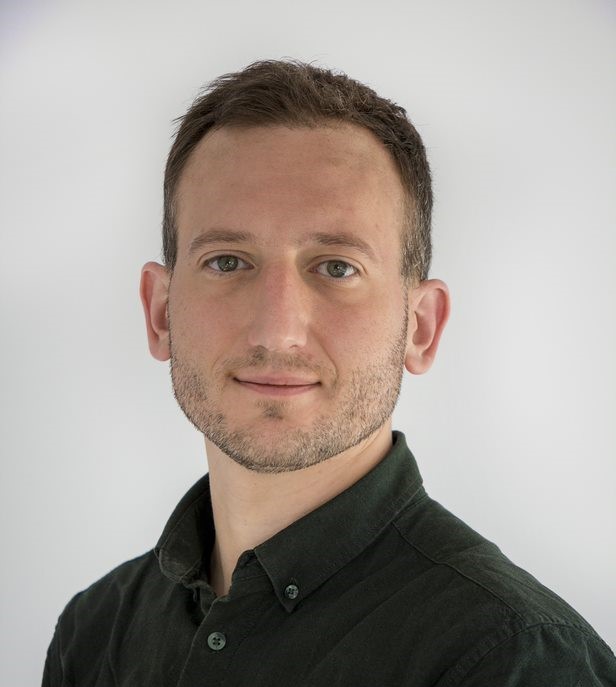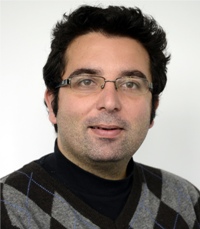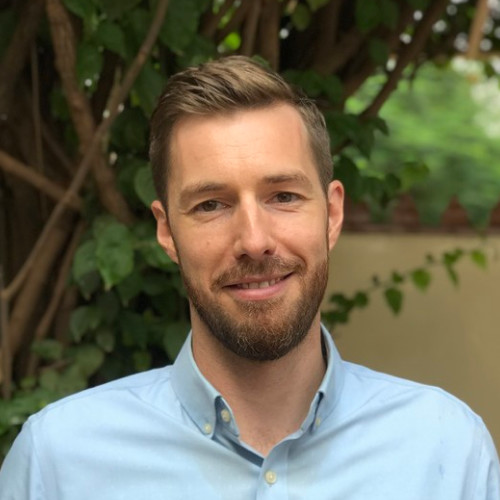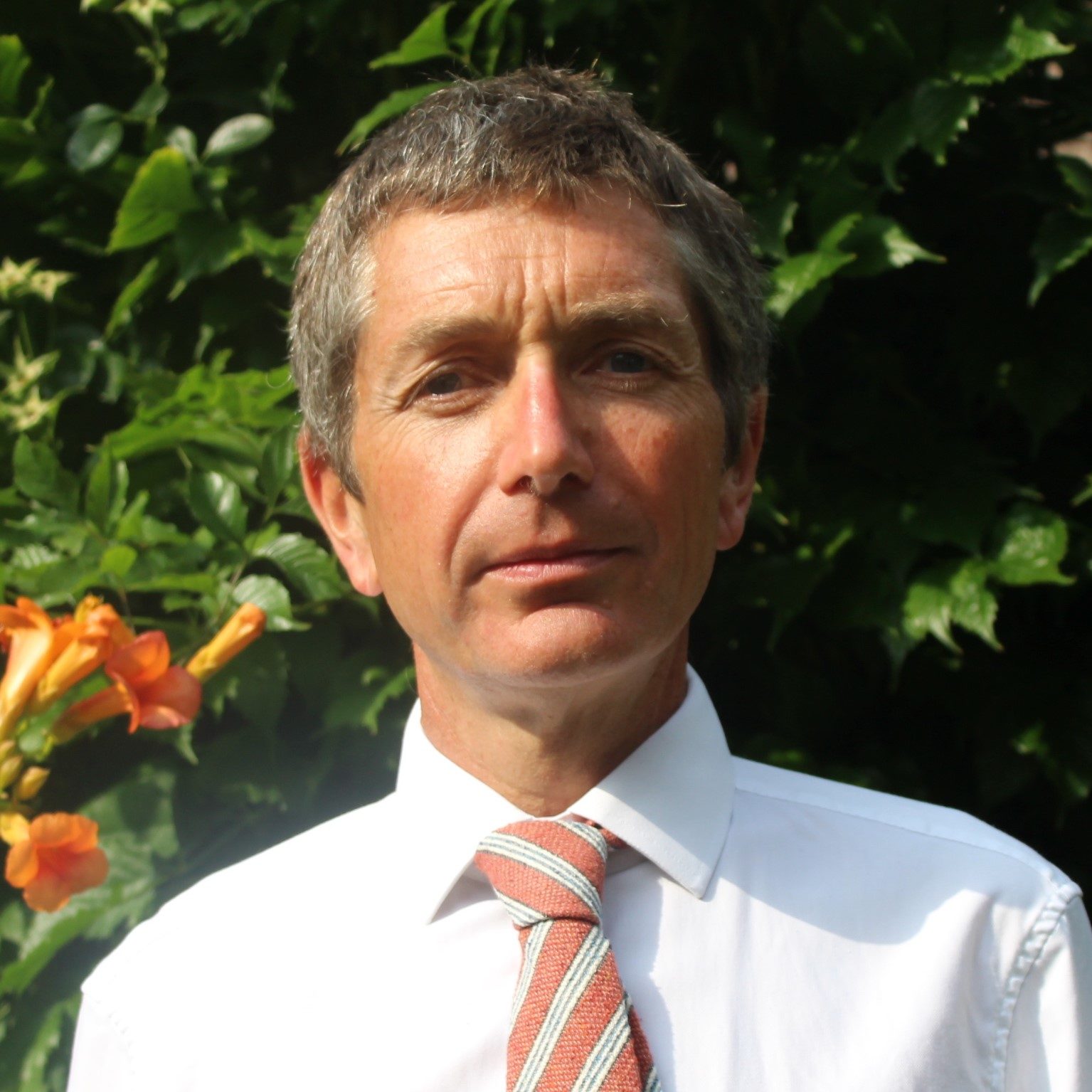
Active
Humanitarian Learning Centre
The Humanitarian Learning Centre (HLC) brings together high-quality analysis, dialogue and debate with accessible, operational learning to improve humanitarian response, practice and policy.
With a focus on protracted crises and agency-led inclusive responses to multiple shocks, the HLC is dedicated to using this evidence and knowledge to protect and strengthen the lives, livelihoods, and dignity of people affected by or at risk of humanitarian crises.
Recent work
Opinion
On 30 May 2025, IDS Honorary Associate and former UN Humanitarian Chief Martin Griffiths described the situation in Gaza as genocide. Alongside IDS Research Fellow Philip Proudfoot, here he calls for a decisive realignment of humanitarian law and humanitarian action…
10 June 2025
Opinion
Two hundred children were killed by Israeli airstrikes on Gaza in just 72 hours last week, while all life-saving aid supplies, and water has been cut off. Progress on a ceasefire in Ukraine is hitting obstacles and South Sudan's fragile…
24 March 2025
events
Join us for this Sussex Development Lecture with Martin Griffiths, former Under-Secretary-General for Humanitarian Affairs and Emergency Relief Coordinator of the United Nations, as part of the series on power, politics and hope. Watch now https://www.youtube.com/live/yxk57iwGJWo Martin Griffiths’ presentation will…
13 February 2025
Opinion
In December, IDS’ Cities Cluster hosted a hybrid seminar examining the challenges and opportunities presented by the growing phenomenon of urban internal displacement in the global South. Moderated by Cities Cluster lead, and urban displacement expert, Dr Dolf te Lintelo,…
03 January 2025
Opinion
After the 4 July general election, a new government will face a global aid system struggling to meet needs. There are more crises, lasting longer, with aid workers asked to do far more than provide “life-saving assistance.” [caption id="attachment_100433" align="aligncenter"…
25 June 2024
publications
Art is enjoying a resurgence among researchers, activists, and practitioners as a powerful medium to challenge conventional narratives around humanitarian protection, and give access to a broader range of perspectives. As part of a research project focusing on the territories…
27 March 2024
Opinion
Humanitarian crises have come thick and fast in recent times – notably Ukraine, Afghanistan and situations worsened by Covid-19. While each creates urgent humanitarian needs, each also carries the risk of becoming protracted or recurrent like so many other existing…
21 July 2022
press releases
A unique collaborative process led by four leading global think tanks explores how the international community can support immediate collective action towards urgently needed progress in Afghanistan. Over three months, multi-stakeholder workshops were hosted by Chatham House, the Institute for…
27 May 2022
Projects
projects
Evaluation of Norwegian Refugee Council’s (NRC) Protection from Violence (PfV) core competency with particular focus on Civilian-Self Protection (CSP) and Individual Protection Assistance (IPA).
projects
In November 2022, the then Emergency Relief Coordinator (ERC), Martin Griffiths proposed an “initiative to pilot a people-centred, agile, locally-driven response in a number of countries" to the Interagency Standing Committee (IASC) Principals. Subsequently, the Flagship Initiative (FI) was launched…
projects
The purpose of the evaluation is to inform strategic decision-making at an ILO governance level and contribute to future policies and programmes in crisis and post-conflict recovery settings, particularly in the Arab States. The evaluation examines the four key pillars…
projects
Conflict-induced hunger has been increasingly highlighted at a global level and prioritised as a key issue within crisis-affected contexts. InterAction and its partners are undertaking a multi-country action-based research study that includes helping organisations analyse the protection risks in each…
People





